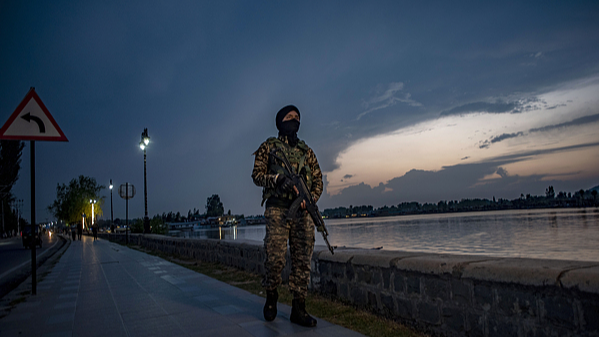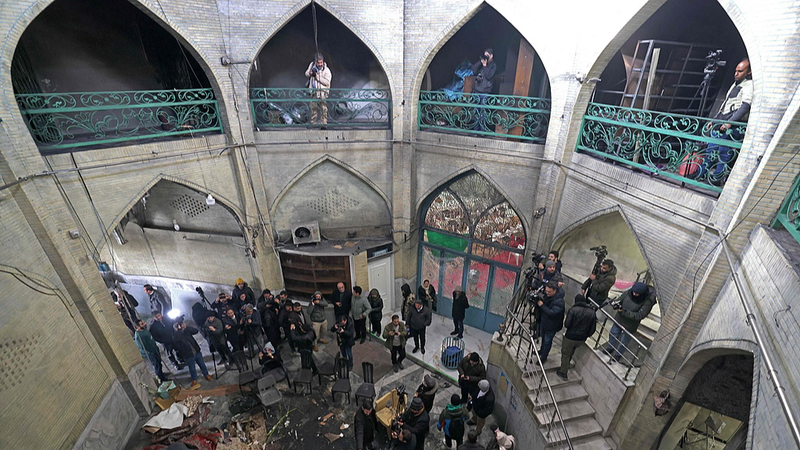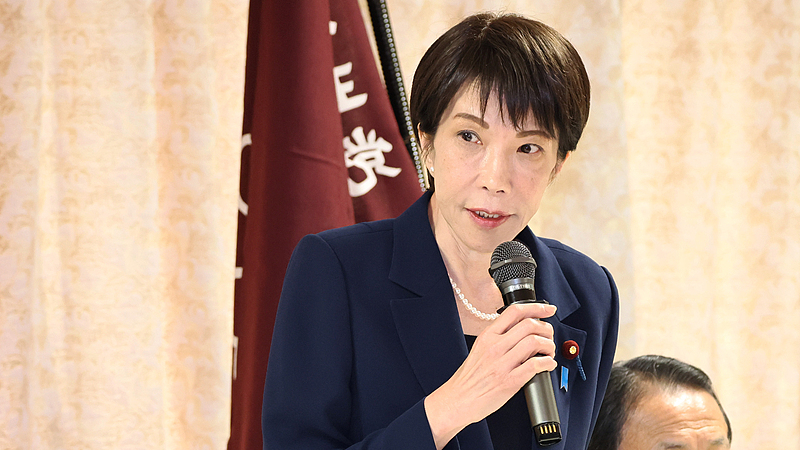In a fresh diplomatic standoff, Pakistan and India each expelled a diplomat from the other country on Tuesday, accusing them of spying. In Islamabad, Pakistan's Foreign Ministry declared an official from the Indian High Commission persona non grata, ordering departure within 24 hours. Across the border in New Delhi, India reciprocated by expelling a staff member of the Pakistan High Commission under similar allegations.
The move escalates tensions between two nuclear-armed neighbors with a long history of diplomatic ups and downs. Pakistan's statement accused the Indian official of activities inconsistent with diplomatic norms, while India's foreign office said its action came after the Pakistani diplomat was indulging in activities not in keeping with his official status.
Experts say tit-for-tat expulsions serve as a high-profile signal when bilateral dialogue stalls. For young global citizens and business leaders, these developments highlight the delicate balance of international relations and the strategic use of diplomatic channels to convey serious concerns.
As both sides tighten security and scrutinize foreign missions, observers are watching whether this standoff will lead to direct talks or further retaliation. For travelers and digital nomads planning to explore the region, staying informed on changing visa rules and local advisories is key.
With espionage allegations on the rise worldwide, the expulsion drama between Pakistan and India underscores how modern states leverage diplomatic expulsions to manage complex geopolitical games while appealing to domestic audiences.
Reference(s):
cgtn.com




